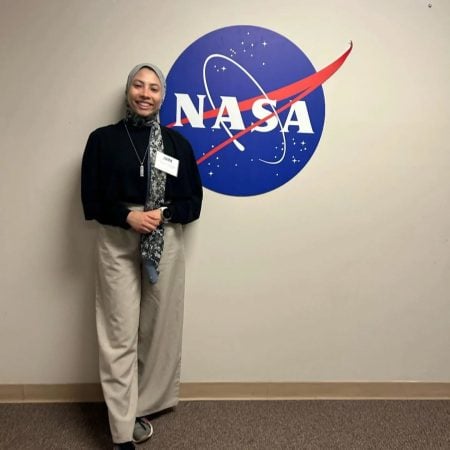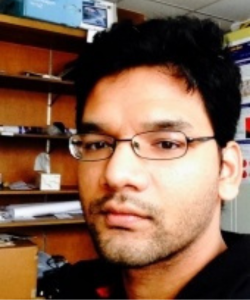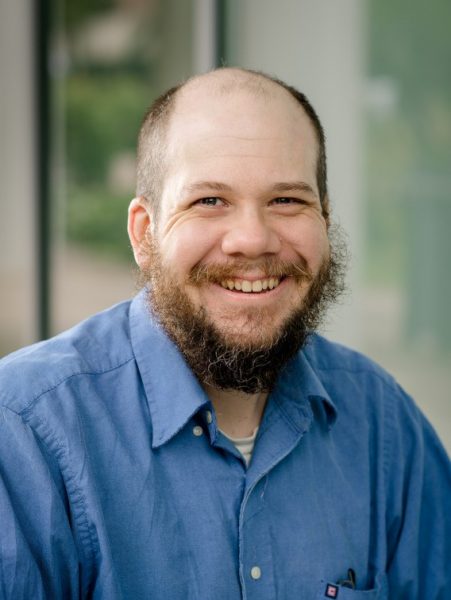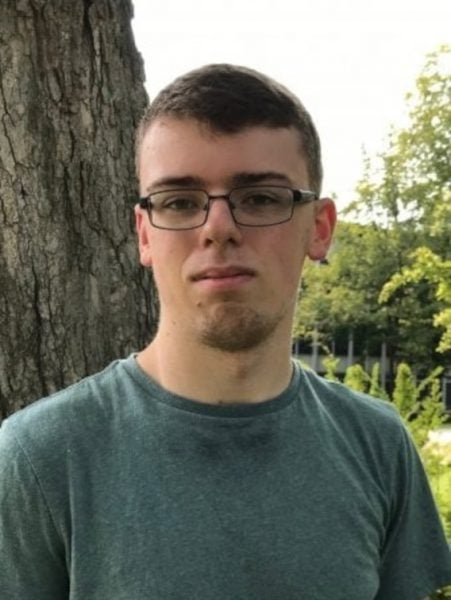Fathima Farheen Nambipunnilath Siddique has been elected as secretary of the American Physical Society’s Forum on Graduate Student Affairs (APS FGSA) Executive Committee.
Fathima, a Ph.D. candidate in Atmospheric Sciences, was nominated by the FGSA Nominating Committee and subsequently elected by its members to serve in this important position. FGSA works to increase graduate student involvement in the APS, provides valuable support services, advocates for graduate student needs, and encourages active participation in professional activities and decision-making within the physics community.
Originally from India, Fathima earned her bachelor’s degree in physics from Christ College and her master’s degree in physics from the National Institute of Technology, Calicut, India. She joined Michigan Tech in spring 2022 as a Ph.D. student under the guidance of Kartik Iyer. Her research explores the complex world of turbulent flows, with a focus on uncovering their topological and geometrical aspects, which could help advance our understanding of their underlying dynamics.
Fathima has been actively involved in leadership roles throughout her time at Michigan Tech. In addition to this exciting new position, she currently serves as president of Michigan Tech’s Women in Physics (WiP) student organization and previously held the role of secretary. She has led impactful initiatives to build community, strengthen student involvement and create a supportive scientific environment through WiP. WiP is open to all undergraduate and graduate students, regardless of major. They work to support the campus community through a variety of workshops, mentorship opportunities, outreach efforts and community-building activities that help students thrive academically and professionally.
Fathima’s election to this national leadership position is a proud moment for the physics department and highlights her dedication, energy and commitment to advocating for graduate students in physics. Congratulations, Fathima!
About the Physics Department
Physicists at Michigan Technological University help students apply academic concepts to real-world issues. Our physicists take on the big questions to discover how the universe works—from the smallest particles to the largest galaxies. The Physics Department offers three undergraduate degrees and three graduate degrees. Supercharge your physics skills to meet the demands of a technology-driven society at a flagship public research university powered by science, technology, engineering, and math. Graduate with the theoretical knowledge and practical experience needed to solve real-world problems and succeed in academia, research, and tomorrow’s high-tech business landscape.
Questions? Contact us at physics@mtu.edu. Follow us on Facebook, Twitter, and YouTube for the latest happenings. Or read more at the Physics Newsblog.












